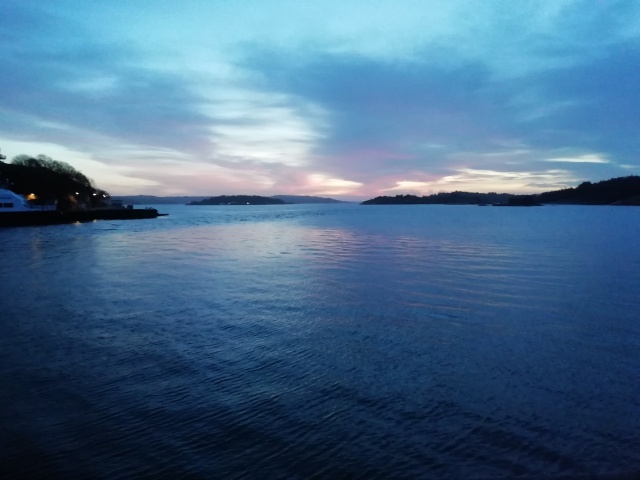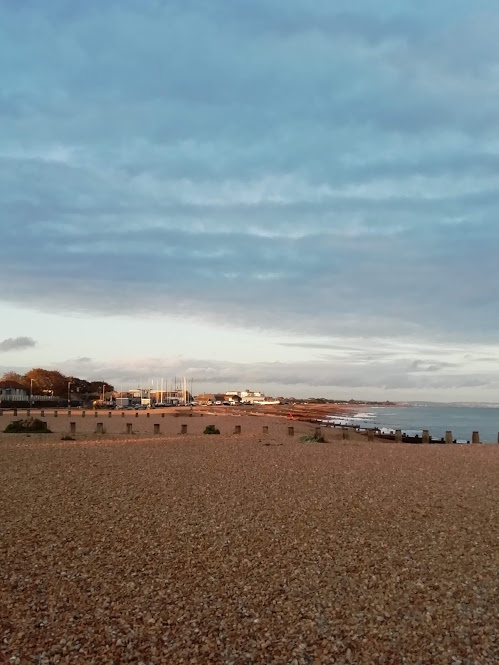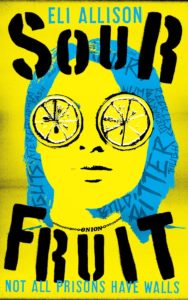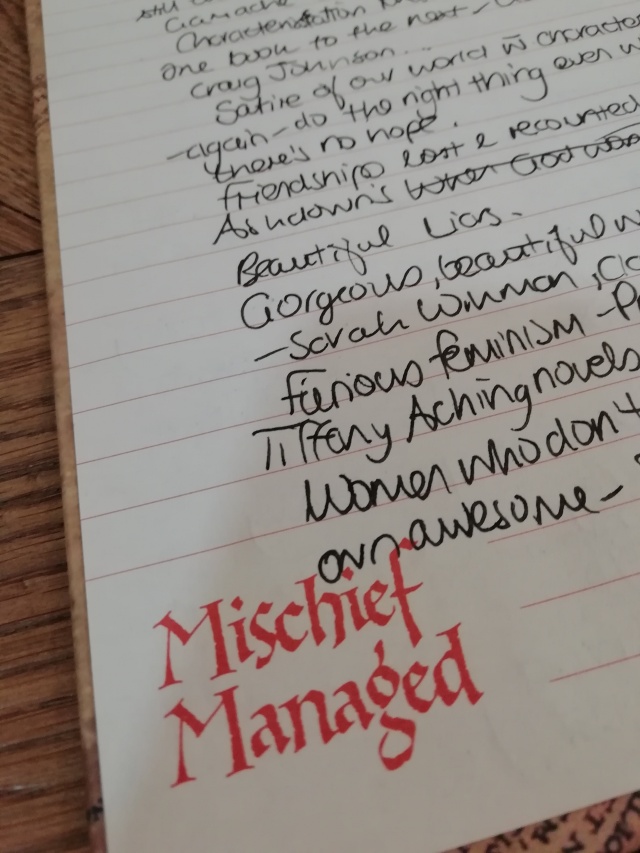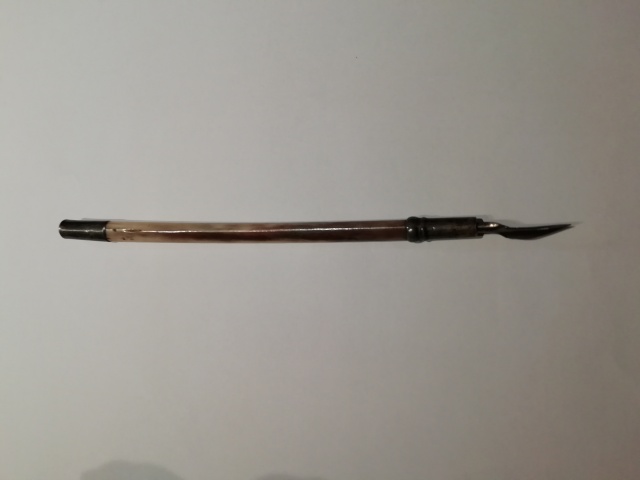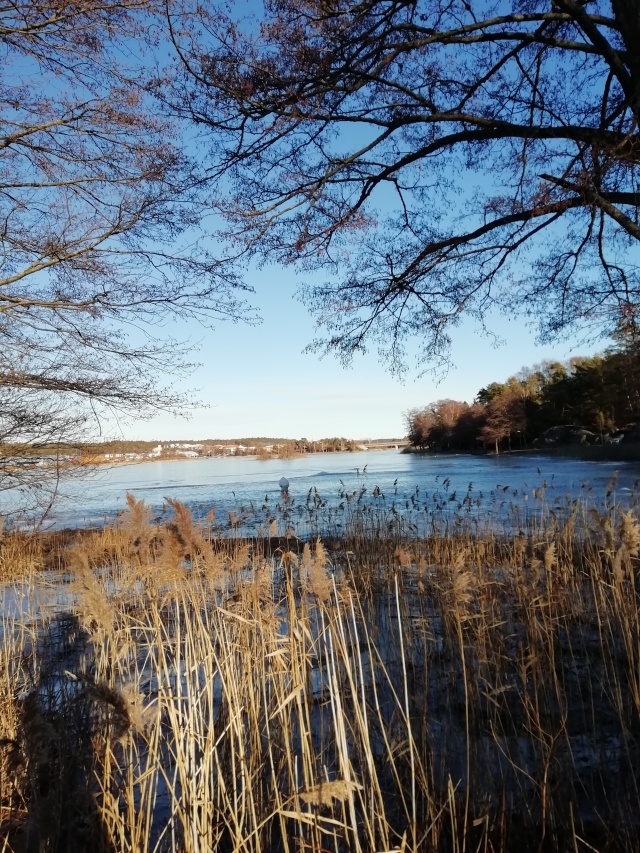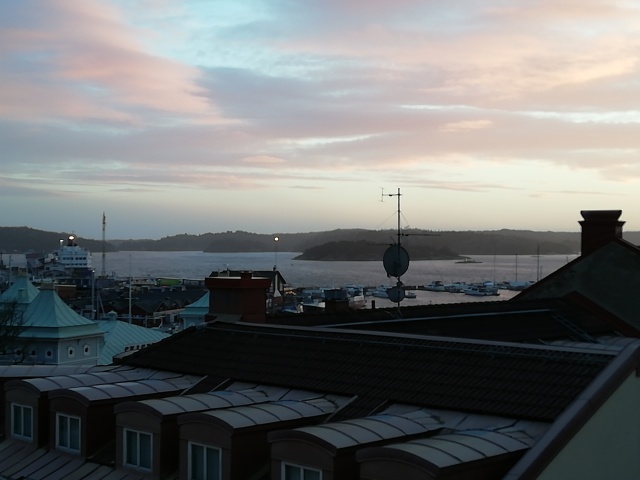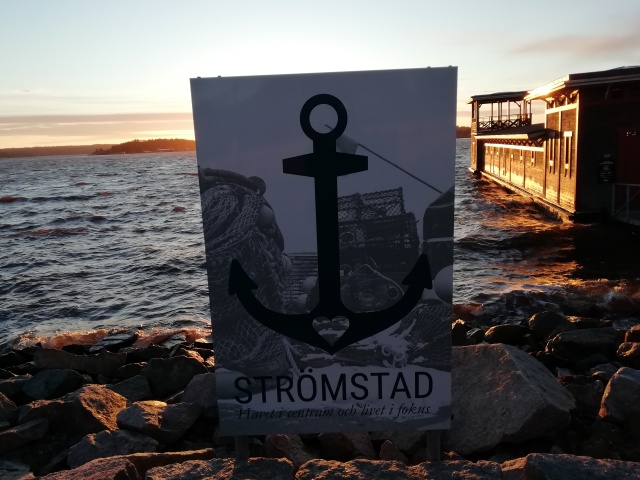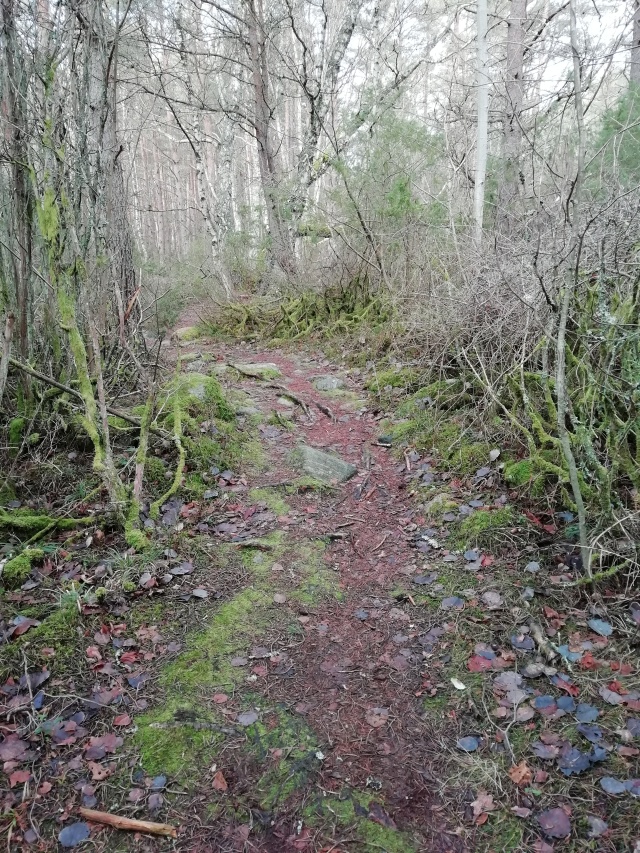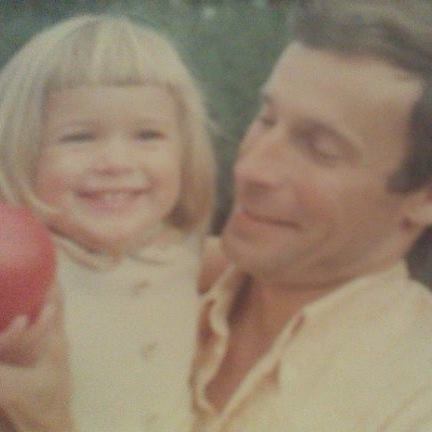I’ve been quiet here, firstly because I didn’t know how to follow up on my previous post, and secondly because while my personal life still has its challenges, the world as a whole is going through its own huge challenge right now.
So instead of talking about readings and longlistings and publications, which are very nice but feel somewhat irrelevant at the moment, here are some reminiscences about the time I spent in Sweden last February. The following piece was written in response to a prompt from Rhiannon Hooson’s Cabin Fever, a month of creative writing prompts and exercises. Rhiannon is a wonderful poet whose writing I’ve enjoyed for a long time, and I’m loving this insight into how she works, as well as the opportunity to focus on doing SOMETHING creative for just a few minutes each day, in what is a very difficult time for most of us. It’s not too late to sign up if you’re interested in joining in.
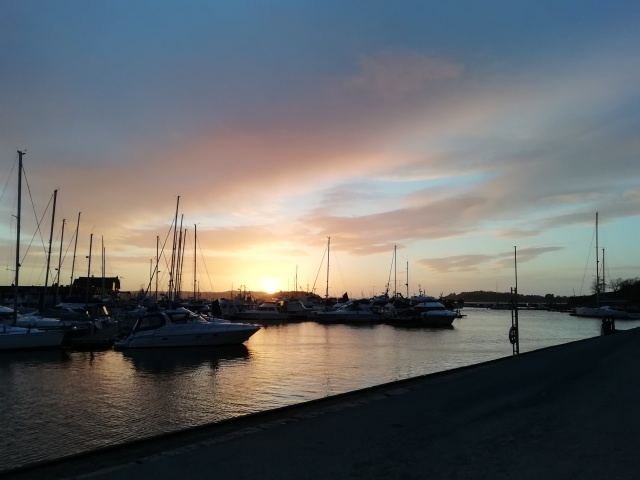
The town is dark for much of the day. I write in the mornings, and by the time I get outside the light is yellow-grey or purple-grey or just grey. I walk by the frozen lake, which I did not realise was a lake for several days, because it looked like a football field covered in snow. My snow boots crunch on the ice, and I walk gingerly.
The path by the lake takes me through woodland, and I wish I could fold myself deeper inside it. There must be wildlife around but I have no sense of it. The snow seems to deaden everything. Even other people, trudging around the streets dirty with layers of slush, seem quietened.
Down by the sea, I watch the boats rocking free from the ice and try my hardest to stare beyond the horizon. I said the town was dark, but down by the land’s edge the light is full of indigos, muted blues backlit by a touch of ochre.
The ice melts over the lake in stages. At first there are black glints in the centre. I stand on the bridge at the far end of town and realise that down there is not a field, full of children playing and kicking balls around in summertime, but a hole full of water, dark and dangerous.
Three days later the water has spread, covering the ice that lingers in the crannies of the shore with a sunlit sheen. I am caught, always, between the impulse to push my foot into the frozen browns and the terror of drowning here, with nobody to see or hear.
(If you fall beneath the ice in a Swedish winter, did it happen at all?)
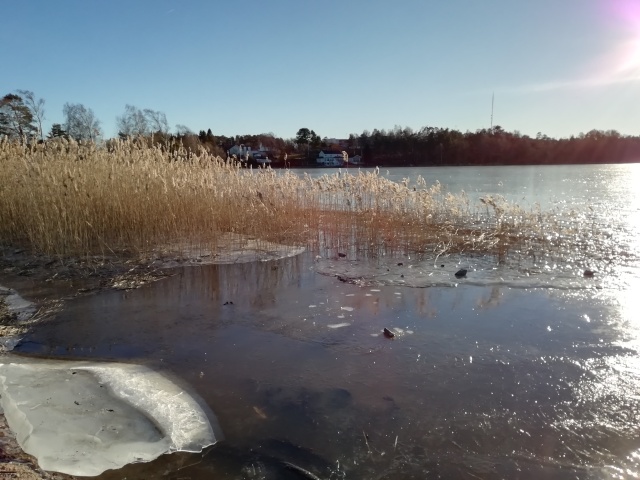
I walk up the backstreets to my favourite cafe. They light candles on the railings to signal that they’re open, a Scandinavian cry of fiery defiance against the winter darkness, and the warmth pulls me inside. The owner is in my favourite seat, so I take a chair at a table for four and wait for his son to make my oat milk latte. I have fallen in love with oat milk during these weeks in Sweden. The owners are immigrants, and their few customers seem to be, too, apart from on Saturdays, when the place bustles with Swedish two-point-four families in cosy snowsuits.
On the day before I leave, the owner approaches and asks me if I am a writer. I say I am, that I’m working on a novel, and he looks so happy and overwhelmed, I feel guilty for all the times I have judged him for sitting in the comfiest seat in his own cafe.
In the late afternoon, I run some coffee through the machine (a luxury I’ve never had at home) and curl up in the living room to watch the sunset. Above the sea, the sky floods with pinks and purples, grey at the edges, but impossibly beautiful and different every night. I take hundreds of photos that fail to do it justice.
When it’s over, I take my book into the bedroom and watch the moon rise over the church steeple.
